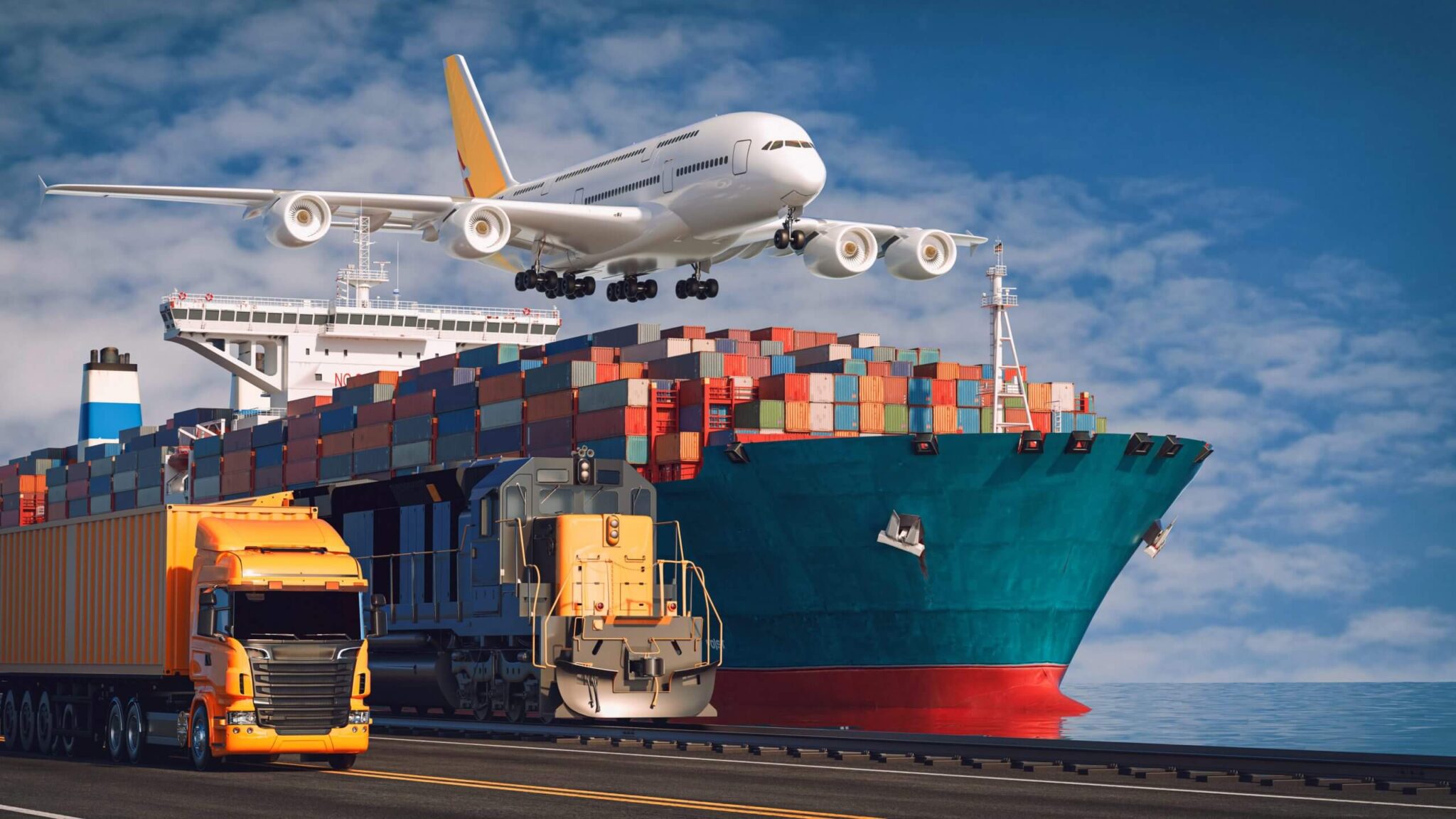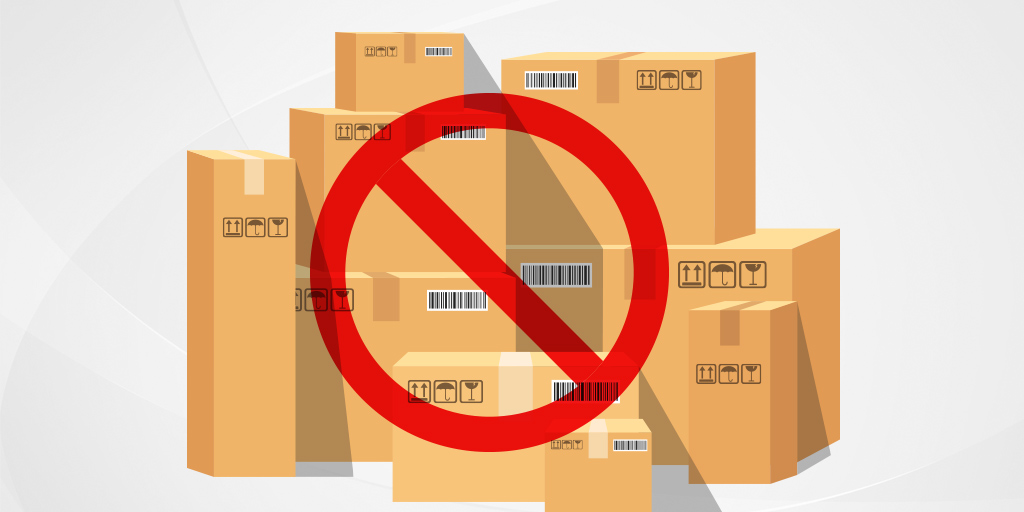If you are new to the world of international shipping, it is likely that you are not familiar with the different commercial practices and the terms that are circulated to express them, and if you think that the buying, selling and trading operations that take place in your country’s market are similar to those that occur at the international level, then you are completely wrong.
International shipping has its own world, and shipping operations are subject to strict rules, and a simple misunderstanding of shipping terms may lead to many disputes, so a series of unified terms are used that clearly define the division of tasks, costs, and details of the shipping and delivery process, and these terms usually consist of three letters issued by the Chamber of Commerce international.
In this article, we will learn about the most famous and prominent shipping terms related to delivery and payment methods.
What are these terms?
These terms define the details of the delivery process, that is, when the responsibility for the shipment is transferred from the sender to the recipient, and who pays for each stage of the shipment, including:
EXW or (EX Work):
In it, the least amount of responsibility falls on the exporter, and this term means that the responsibility for freight and all customs clearance and shipping costs rests with the importer, and some consider that this term is more appropriate for local trade, and it is commonly used in courier companies (when the courier receives the shipment from the customer’s headquarters Then it downloads and sends it.
FCA (Free Carrier Acceptance) - Free Carriage:
In it, the exporter must transport the shipment to a place agreed upon by the two parties in the country of the exporter (this place may be a shipping company designated by the importer), with customs clearance for export and delivery there, then the importer bears the costs of shipping it to the place he wants and the costs of import customs clearance.
CPT or Carrier Paid To:
It means that the exporter must pay the freight charges in full from the place of export to the specified destination. However, the goods are considered to have been delivered to the importer when the shipment is delivered to the main carrier, after which the importer is responsible for the transportation process and insurance costs.
CIP or (Carriage and Insurance Paid to)
This term is very similar to the term CPT, as the exporter must pay all costs of transportation and customs clearance of goods for export, and the responsibility of shipping lies with the importer, and the goods are considered delivered when they are delivered to the main carrier, but the exporter must also insure the goods, and it must cover Insurance minimum contractual rate plus 10%.
DAP (Delivered At Place):
It means that shipping costs and responsibility rest with the exporter, in addition to customs clearance for export only, and the goods are shipped to the place specified by the two parties, and the importer must clear the customs of the shipment in the country of import, in addition to the process of unloading the shipment from transport vehicles, where the goods are considered It has been delivered when it is placed at the disposal of the importer on the vehicle ready for unloading at the agreed place, and the two parties are not required to sign an insurance contract.
DPU (Delivered at Place Unloaded) - Delivery to the specified place with unloading:
This term is very similar to the DAP term, except that the exporter must unload the shipment at the place agreed upon by the two parties, in addition to bearing the risks of this process, as the goods are considered delivered when they are unloaded from transport vehicles and placed at the disposal of the recipient.
Also, there are some of these terms that are specific to sea freight only, and also specify who bears the costs of each part of the shipping process, and the place and how to transfer responsibility for the shipment, and we will get to know some of them:
FAS or Free Alongside Ship:
And in it, the exporter must transfer the shipment to the side of the ship at the port of shipment, where it is delivered there, and this means that the importer bears all shipping costs in addition to the risks of this process, and it also requires that the exporter clear the goods customs for export only, and this is used The term is in the case of sea freight without containerization and transport by inland waterways only.
CFR or (Cost and Freight) - Cost and Freight:
According to this term, the shipment is delivered to the importer by placing it on board the ship, then the responsibility for the freight is transferred to the importer, and the exporter is obligated to pay the shipping costs to the port of destination, in addition to clearing the shipment for export, and he must also bear the costs related to unloading at the port of import Unless otherwise agreed upon, the parties are not bound by the insurance contract.
Some of these terms may seem a bit similar, but they are considered necessary because they make a big difference on the ground, so it is necessary to clarify the smallest details about the shipping process to avoid any problems.










